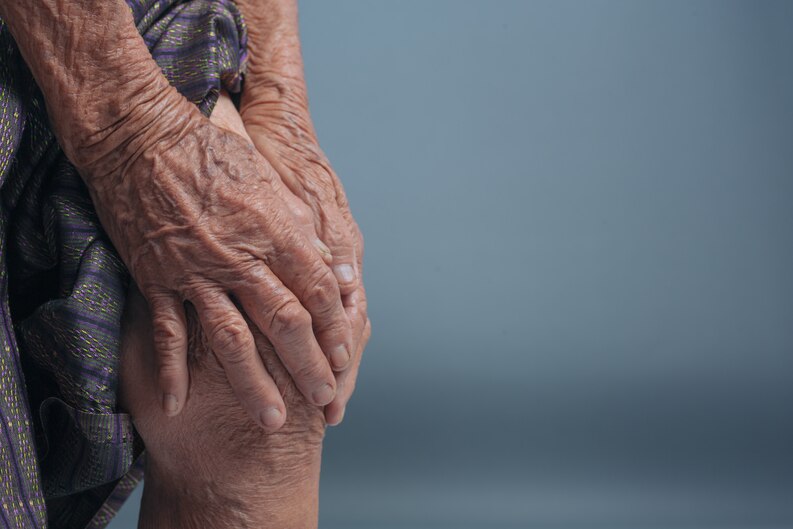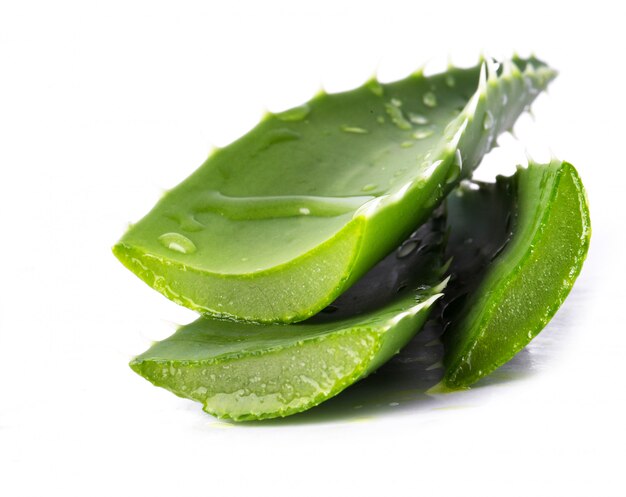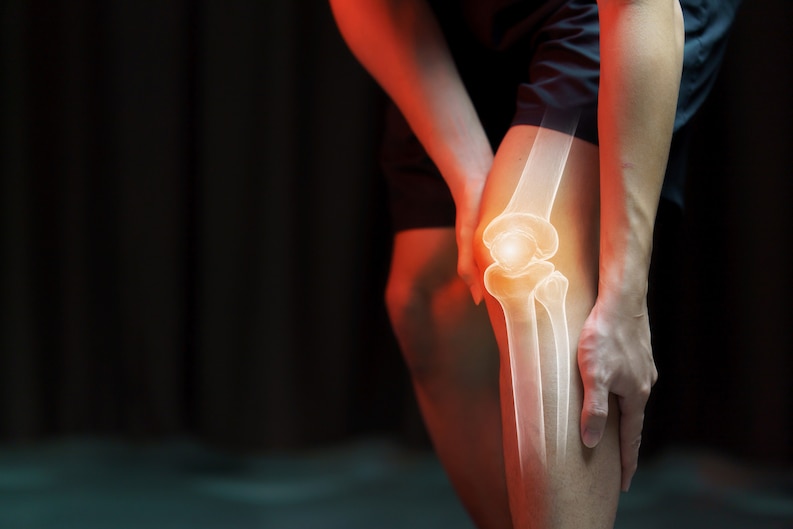Rheumatoid arthritis, an autoimmune disorder arising from infection and genetic predisposition, affects joints symmetrically, causing pain, swelling, tenderness, and limited movement. Living with rheumatoid arthritis (RA) involves grappling with daily pain, stiffness, and inflammation. Amidst these challenges, a ray of hope emerges through Ayurvedic treatment, which offers a fresh approach to managing RA, addressing both physical symptoms and overall well-being. Let’s explore the realm of rheumatoid arthritis, its manifestations, and how Ayurvedic treatment for Amavata illuminates a promising avenue for relief.
Comprehending the Symptoms of Rheumatoid Arthritis
Diagnosing arthritis, particularly RA, involves identifying key symptoms:
● Morning stiffness and pain in leg and finger joints.
● Limited movement and pain in the neck, back, and shoulders.
● Swelling and discomfort in ankle and knee joints.
● Chronic back and neck pain.
● Difficulty performing basic activities like walking and climbing stairs.
Ayurvedic Perspective on Chronic Pain

Ayurveda, an ancient wisdom spanning over 5000 years, attributes chronic pain to imbalances in the body’s elements, primarily excess Vata (air) and Aama (toxic mucus). When these imbalances settle in the joints and bones, they trigger stiffness, pain, and degeneration. Additionally, an immune system attacking joint linings leads to inflammation, pain, and eventual multi-joint impact. Ayurvedic treatment for Amavata aims to reduce inflammation, balance Vata and Aama, and promote overall well-being.
The Ayurvedic approach offers a comprehensive strategy for managing rheumatoid arthritis, including:
Dietary Approach:
The journey to effective RA management embraces a multifaceted approach, with the Ayurvedic diet as a pivotal support. Rooted in timeless wisdom, this dietary philosophy harmonizes with the body’s innate rhythms, aiming to alleviate inflammation, enhance joint health, and restore overall balance. Ayurvedic principles guide individuals with RA toward enhanced well-being and a better quality of life through nourishing foods and mindful consumption.
Foods to Embrace for Rheumatoid Arthritis (RA):
● Opt for an anti-inflammatory diet resembling amavata, an Ayurvedic condition akin to RA. Embrace anti-inflammatory foods such as fruits, vegetables, whole grains, nuts, and fatty fish.

● Incorporate sources of omega-3 fatty acids like fish, flaxseed, and chia seeds to combat inflammation.
● Enhance flavor and health benefits by including turmeric and ginger, known for their potential anti-inflammatory properties.
● Minimize processed foods, red meat, and items high in sugar and saturated fats to avoid exacerbating inflammation.
Foods to Limit for Rheumatoid Arthritis (RA):
● Avoid inflammatory culprits like processed foods, fried items, sugary drinks, and snacks rich in saturated and trans fats.
● Consume red meat and high- at dairy products in moderation to curb inflammation.
● Exercise caution with nightshade vegetables like tomatoes, peppers, and eggplants, which might trigger joint pain.
● Limit alcohol intake to potentially reduce interference with RA medications and inflammation escalation.
Additional Diet Tips for RA:
● Opt for cooked or stewed fruits and vegetables for improved digestibility and nutrient absorption.
● Choose sweeter options like cooked or soaked raisins, apples, squash, and sweet potatoes for added nutrients.
● Incorporate Ayurvedic-approved warming spices like cinnamon, nutmeg, and turmeric for enhanced flavor without excessive heat.
Herbal Remedies:
Ayurvedic practitioners frequently employ herbs and supplements for amavata treatment to target inflammation and support joint health.
● Turmeric, known for its anti-inflammatory properties due to curcumin, can regulate molecules contributing to inflammation.
● Ginger contains compounds like gingerols and shogaols, which may alleviate inflammation and pain.
● Indian Frankincense (Boswellia serrata) shows promise in reducing inflammation, though further research is required.
● Aloe Vera’s anti-inflammatory qualities show promise for joint pain, as suggested by animal studies.

● Eucalyptus oil, when applied topically, exhibits anti-inflammatory properties effective in treating arthritis. Caution is advised against ingestion without guidance from healthcare providers.
Panchakarma Treatment:
Panchakarma plays a crucial role in addressing the complexities of rheumatoid arthritis (RA) through its comprehensive approach. This Ayurvedic practice contributes by:
● Detoxification: Panchakarma therapies expel accumulated toxins believed to contribute to inflammation and joint discomfort in RA.
● Dosha Balancing: By restoring balance to imbalanced doshas, particularly Vata, Panchakarma aims to mitigate the underlying factors triggering RA symptoms.
● Reducing Inflammation: Through specialized massages, herbal treatments, and steam therapies, Panchakarma targets inflammation for potential pain and stiffness relief.
● Joint Lubrication: Panchakarma’s oil-based therapies improve joint mobility and lubrication, easing RA challenges.
● Stress Management: Panchakarma’s relaxation techniques and mindfulness practices alleviate stress, potentially mitigating its impact on RA.
In Conclusion
Rheumatoid arthritis need not dominate life. Ayurveda’s ancient wisdom provides hope, aiding individuals in regaining control over their well-being. Through diet, herbal remedies, detoxification, and holistic practices, Ayurveda paves the way for reduced pain, increased mobility, and enhanced overall health. The journey of managing rheumatoid arthritis is riddled with challenges, but light shines at the tunnel’s end. Ayurveda’s holistic approach, exemplified by its comprehensive treatment, offers solution through effective Ayurvedic Rheumatoid arthritis treatment for those seeking relief from RA’s pain and limitations. By addressing underlying imbalances and promoting overall wellness, Ayurveda empowers individuals to find positivity in each day, regardless of rheumatoid arthritis’s challenges.

Leave a Reply